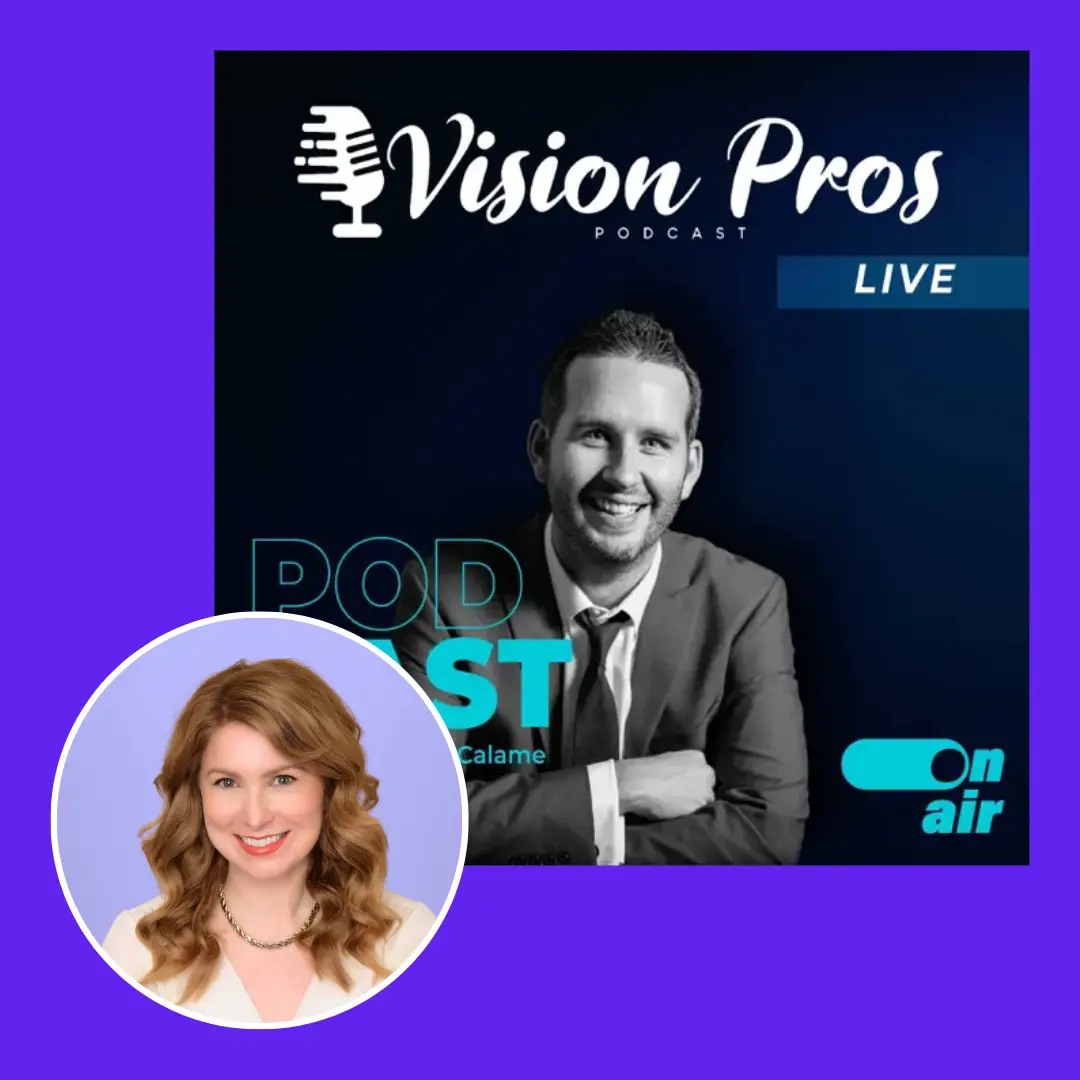My Guest Appearance on Your Spectacular Life
Hey everyone!
I’m thrilled to share with you my recent guest appearance on the fantastic podcast Your Spectacular Life! 🎙️✨ If you’re a busy woman in tech or just feeling the weight of burnout, this episode is a must-listen.
My Journey from Burnout to Balance
During my chat with the host, I delved into my personal journey of overcoming burnout and how my unique background as both a Holistic Health Practitioner and a software designer shaped my approach. Here’s a glimpse into what we discussed:
Overcoming Burnout
Burnout is an all-too-common experience, especially for women juggling demanding careers and personal responsibilities. I shared how I hit a breaking point, feeling completely drained and overwhelmed. But hitting rock bottom turned out to be a blessing in disguise.
“It was in those moments of exhaustion that I realized I needed to change my approach and prioritize myself,” I said during the podcast.
How I Help Busy Women in Tech
Through my experiences and insights, I’ve developed a deep understanding of the unique challenges women in tech face. Here’s how I help them navigate and overcome burnout:
- Holistic Approach: Combining my expertise as a Holistic Health Practitioner with my technical background allows me to offer a well-rounded approach to overcoming burnout. This means addressing both the mental and physical aspects of stress.
- Personalized Strategies: Every woman’s journey is different, so I focus on creating tailored strategies that fit individual needs and lifestyles.
- Empowering Women: My goal is to empower women to take control of their well-being and create a balanced, fulfilling life.
Key Takeaways from the Episode
In the episode, we covered several practical tips and strategies that can make a real difference:
- Recognize the Signs of Burnout: Understanding the early signs of burnout is crucial for taking action before it becomes overwhelming.
- Set Boundaries: Learning to set and maintain boundaries is essential for protecting your energy and maintaining balance.
- Embrace Self-Care: Prioritizing self-care is not a luxury; it’s a necessity for long-term success and well-being.
- Find Your Joy: Aligning your life with what truly brings you joy can help you stay motivated and fulfilled.
Tune In for More Inspiration
Whether you’re working in tech, managing a busy life, or simply looking for inspiration, this episode offers valuable insights and practical advice. Plus, I share some personal stories about my own journey and the lighter moments that bring me joy.
Don’t miss out on this spectacular conversation!
For more information on how I can help you end burnout and find balance, visit serenesuccess.net.
I hope you find the episode as inspiring and transformative as I did!
Stay tuned and take care,
Hannah

